What Happens to Your Body When You Stop Eating Veggies

Removing all vegetables from your diet is not recommended by health professionals. "Eating vegetables provides health benefits," says the USDA. "People who eat more vegetables and fruits as part of an overall healthy diet are likely to have a reduced risk of some chronic diseases, such as heart disease, including heart attack and stroke and certain types of cancers. Eating foods such as vegetables that are lower in calories instead of higher-calorie food may be useful in helping to lower calorie intake." Here's what you miss out on when you remove all vegetables from your diet.
Less Vitamin C
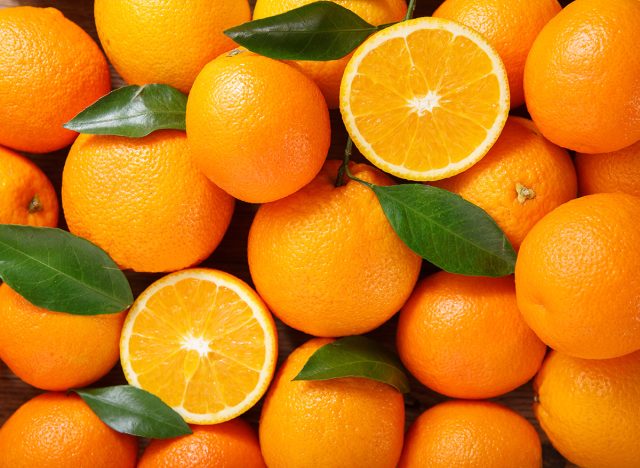
Removing vegetables from your diet means less vitamin C, especially if you don't eat much fruit. "It's what's known as an essential nutrient, meaning that your body doesn't make it," Devon Peart, RD, MHSc, tells the Cleveland Clinic. "So you have to get it from your diet. You can't get too much vitamin C from food sources, so if you eat plenty of vegetables and fruit every day, you will get the recommended amount and more."
Less Fiber
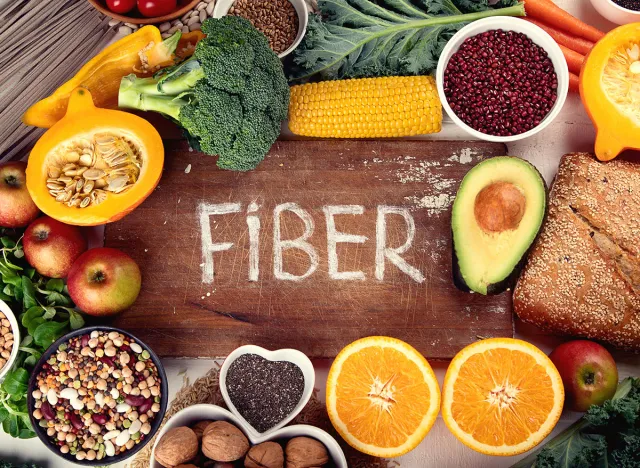
When you cut vegetables out of your diet, you are eliminating a very important source of fiber. "Dietary fiber — found mainly in fruits, vegetables, whole grains, and legumes — is probably best known for its ability to prevent or relieve constipation," says the Mayo Clinic. "But foods containing fiber can provide other health benefits as well, such as helping to maintain a healthy weight and lowering your risk of diabetes, heart disease and some types of cancer."
Gut Microbiome Issues
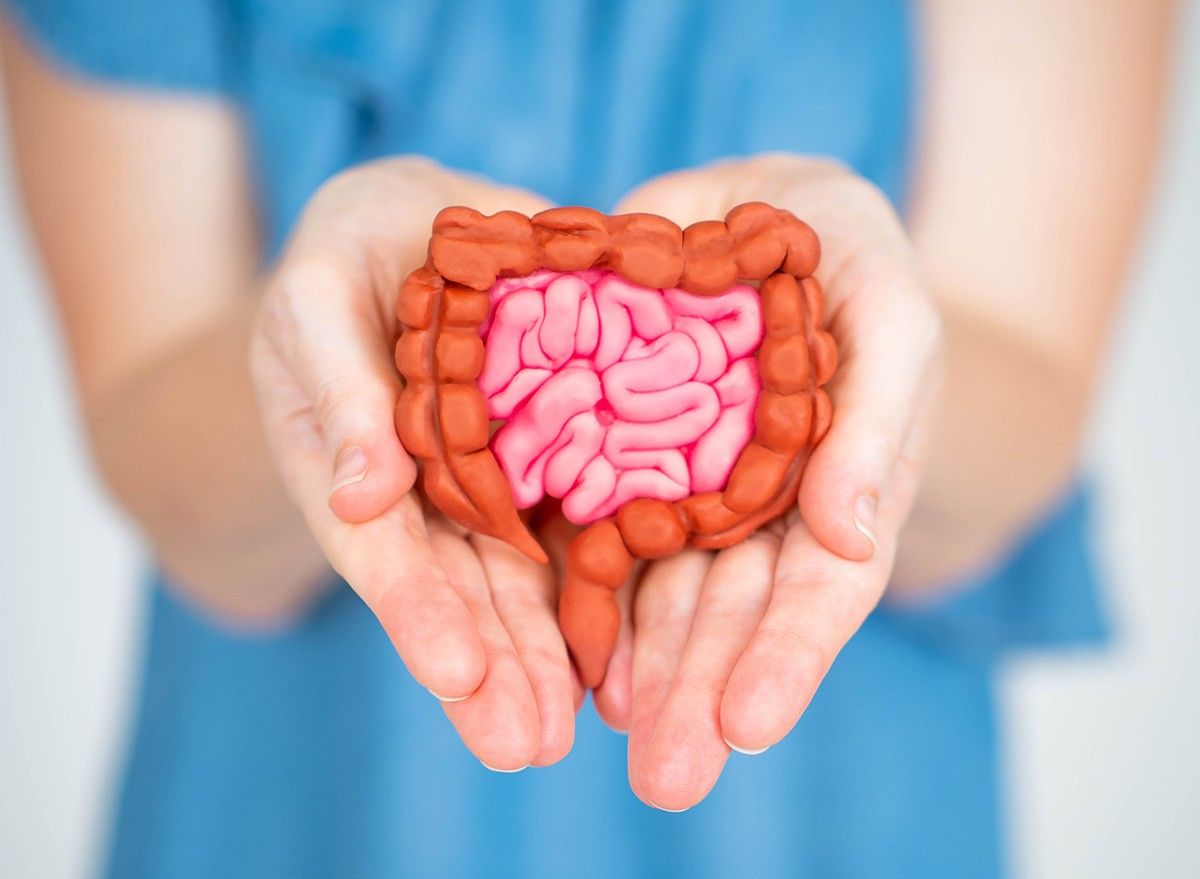
Not eating vegetables can negatively impact your gut microbiome. "If there's one thing, and one thing only, that you do to improve your gut health, it's eating a wider variety of plant foods," board-certified gastroenterologist Dr. Will Bulsiewicz tells ZOE.
Blood Pressure
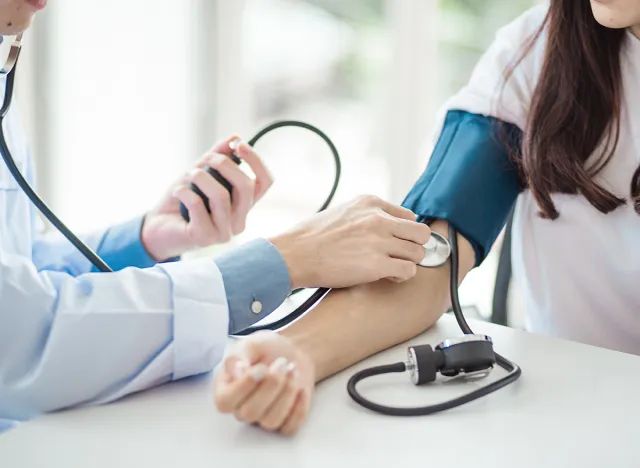
Experts say a diet rich in vegetables is good for blood pressure. "As well as nitrates, all fruit and vegetables provide us with potassium, which can also help lower blood pressure," senior dietician Victoria Taylor tells the British Heart Foundation. "It's best to get the potassium we need through foods rather than supplements."
Heart Disease

Vegetables are important for preventing heart disease. "There is compelling evidence that a diet rich in fruits and vegetables can lower the risk of heart disease and stroke," according to The Nutrition Source from Harvard University. The higher the average daily intake of fruits and vegetables, the lower the chances of developing cardiovascular disease."
Stroke

Research shows that vegetables may help prevent stroke. "Vegetables are also rich sources of potassium and calcium, which have been shown to lower blood pressure," according to the National Institutes of Health. "Since high blood pressure is the major cause of stroke, the effects of potassium and calcium on blood pressure may contribute to the reduced risk of stroke with an increased vegetable intake."
Weight Gain

A diet rich in vegetables can help with weight loss and fat burning. "Fruits and vegetables generally have high water and fiber content, which provide volume and weight but not calories," says the Mayo Clinic. "That's why they're low-energy-dense foods. Grapefruit, for example, is about 90% water. Half a grapefruit has just 64 calories. Raw, fresh carrots are about 88% water. A medium carrot has only about 25 calories."
Abdominal Fat

A diet high in low-starch vegetables is linked to lower belly fat. "Vegetables in the cruciferous family have a surprising amount of protein," says Select Health. "Brussels sprouts, for example, have three grams of protein in one cup. The high amount of protein and fiber these vegetables contain makes them great fat-fighting foods."
RELATED: 10 Healthy Foods That Aren't Actually Healthy
Type 2 Diabetes
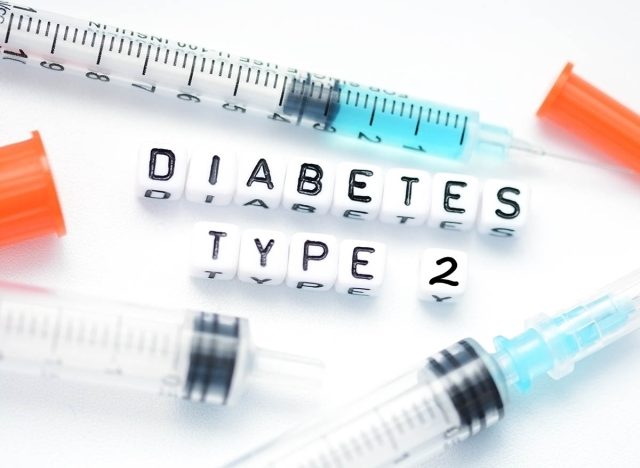
Vegetables are linked to a lower chance of getting type 2 diabetes. "Research continues to link a diet rich in fresh vegetables, leafy greens, and fruit — that's whole fruit, not fruit juice — to a lower risk of Type 2 diabetes," Eve M. Glazier, MD, and Elizabeth Ko, MD, tell UCLA Health. "When shopping and cooking, reach for high-fiber and nutrient-dense vegetables, like broccoli, cauliflower, green beans, radishes, cabbage, mushrooms, zucchini, and tomatoes."
Eye Health

Eliminating vegetables may impact your eye health. "Many studies show that lutein and zeaxanthin reduce the risk of chronic eye diseases," says the American Optometric Association. People who got the most lutein and zeaxanthin had a much lower risk of developing new cataracts. Dark green leafy vegetables are the primary source of lutein and zeaxanthin, as well as other colorful fruits and vegetables like broccoli, corn, peas, persimmons and tangerines."
Cancer Risk

Eating vegetables can help prevent cancer. "Eating lots of fruits and vegetables can help reduce your cancer risk," says the American Cancer Society. "These foods contain important vitamins, minerals, phytochemicals, and antioxidants, and they're usually low in calories. In general, those with the most color – dark green, red, yellow, and orange – have the most nutrients."
Brain Health
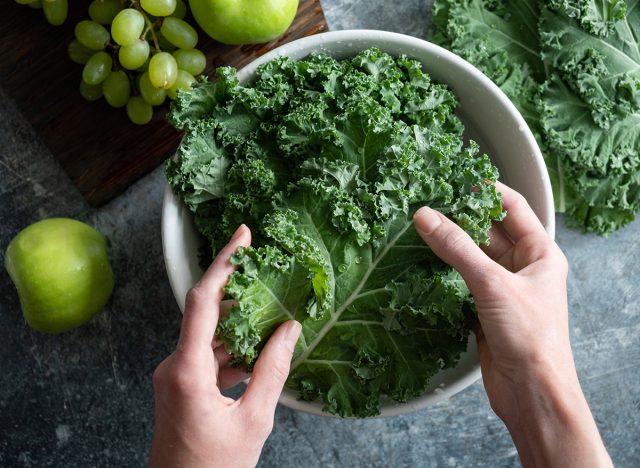
Vegetables are beneficial for brain health. "Leafy greens such as kale, spinach, collards, and broccoli are rich in brain-healthy nutrients like vitamin K, lutein, folate, and beta carotene," Howard E. LeWine, MD, tells Harvard Health. "Research suggests these plant-based foods may help slow cognitive decline."
RELATED: 9 Key Differences Between Ozempic and Other GLP-1 Meds for Weight Loss
Immune health
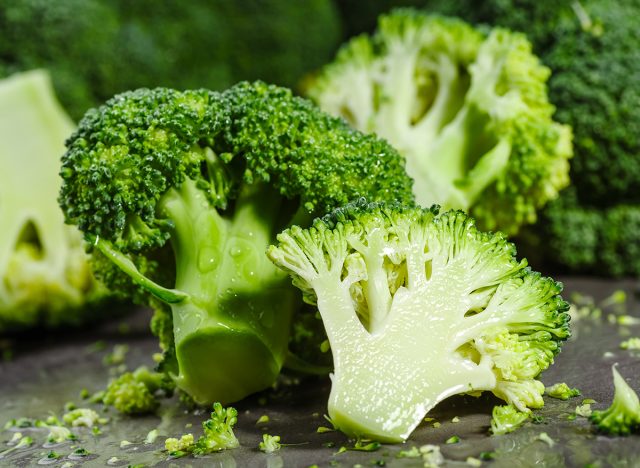
Vegetables such as broccoli, bell peppers, and spinach are good for your immune system. "There's no doubt that a healthy diet improves your immunity to illness," immunologist Cassandra Calabrese, DO, tells the Cleveland Clinic. "What you put in your body is important for your overall health, including your immune system." And if you enjoyed this article, take advantage of these 15 Quick Ways to Lose Body Fat Percentage in a Week.




